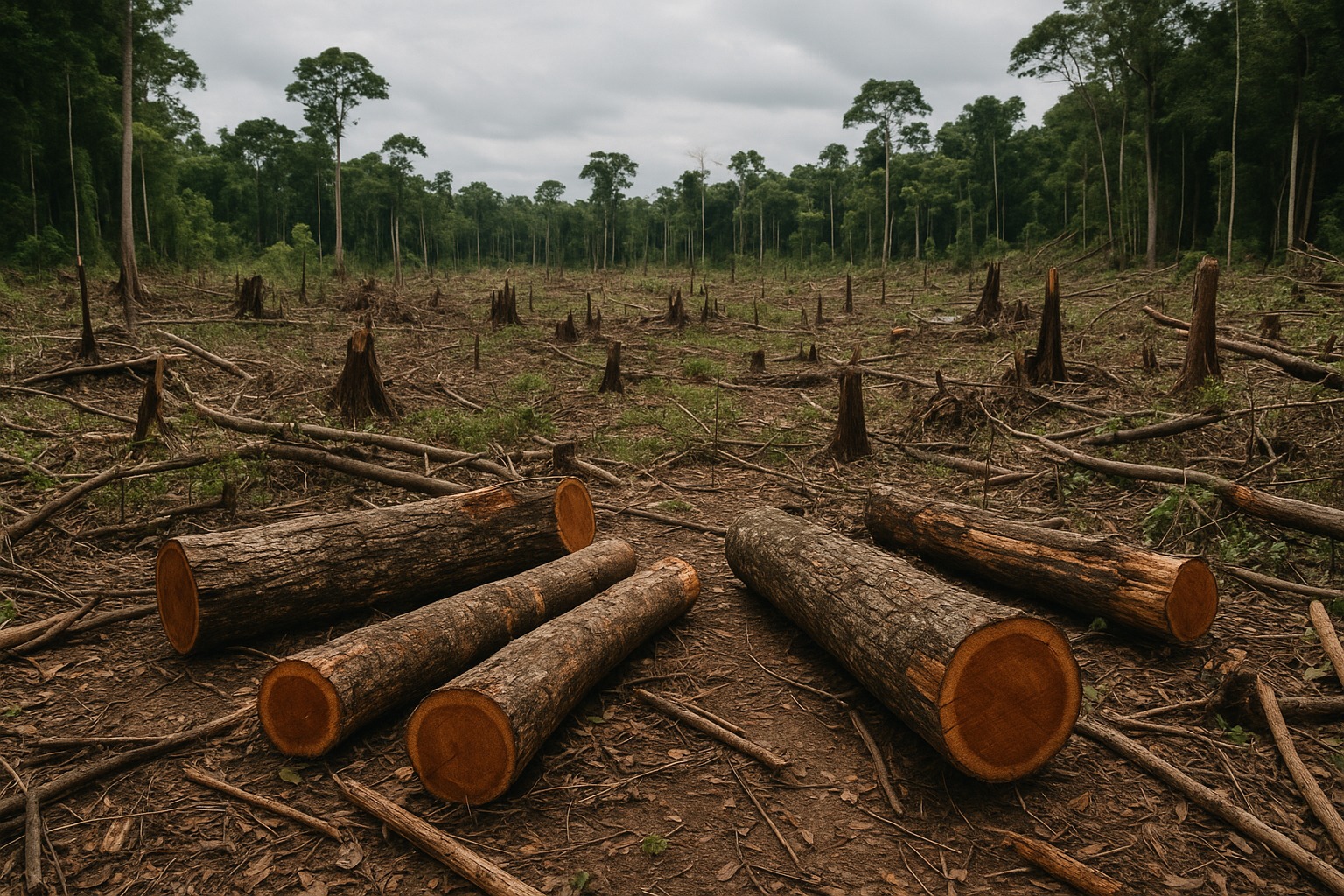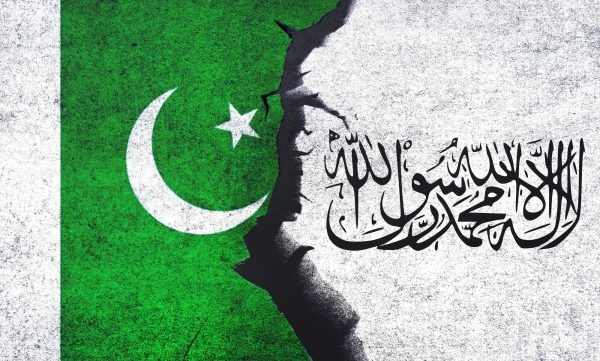Monrovia – October 2, 2025: A new investigation has warned that Liberia is facing massive deforestation driven by cocoa production, much of it linked to producers migrating from Côte d’Ivoire. The report, published by the Initiatives for Community Development and Forest Conservation Association (IDEF), raises alarm over what it calls “colossal” forest loss and possible child labour and trafficking in cocoa farming.
According to IDEF, large tracts of Liberia’s primary forests are being cleared at unprecedented rates, particularly in Grand Gedeh near the Ivorian border.
“All the families we visited had ceded forest plots ranging from 50 to 300 hectares, compared to 8 or 10 hectares in our previous report last year”
said Bakary Traoré, executive director of IDEF. “We must react quickly. Otherwise, in 10 years at most, Liberia’s vast forest cover will be nothing more than a distant memory.”
The group cites Global Forest Watch data showing Liberia lost 23% of its tree cover since 2000. In 2022 alone, 150,000 hectares — equivalent to around 210,000 football fields — were lost.
EU law under scrutiny
The report comes as the European Union considers further delays to its Regulation on Deforestation (EUDR), adopted in 2023 but not yet enforced. The EUDR bans imports of cocoa, coffee, palm oil, soy, beef, rubber and timber linked to deforestation after December 2020.
Campaigners say EU hesitation undermines efforts to curb forest destruction. “While Europe dithers and keeps putting off the implementation of its law, there will be no forests left in Liberia and it will be too late,” Traoré said.
Child labour and land conflicts
Beyond forest loss, the investigation highlights risks of human trafficking. Migrant workers — many believed to be minors — are recruited through intermediaries, often without contracts or guaranteed pay. “It is highly likely that they were advised to claim they are 20 or older,” Traoré added.
Land rights disputes are also escalating. Community forestry leaders in Grand Gedeh warn that cocoa farms are being established on community land without proper consent, sometimes overlapping existing concessions. “Land grabs have led to conflicts and tensions between community leaders, community members and cocoa farmers,” said Andrew Y. Y. Zelemen, head of the National Union of Community Forestry Development Committees (NUCFDC).
Earlier this year, violent incidents were reported in the Gbarzon district, prompting calls for Liberia’s Land Authority and Forestry Development Authority to intervene.





